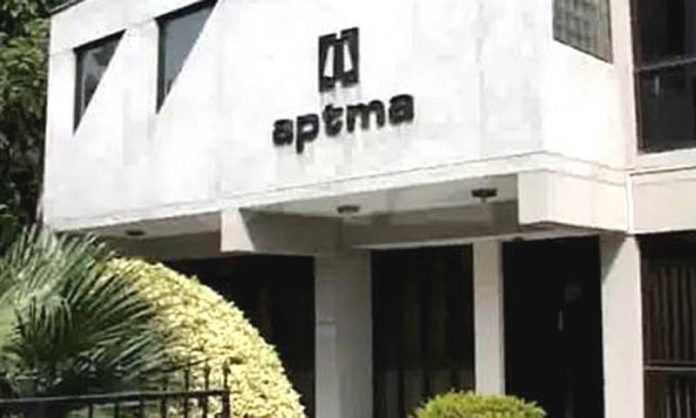ISLAMABAD: The All Pakistan Textile Mills Association (APTMA) has formally requested the government to provide details on the barriers preventing the removal of the peak-hour electricity tariff for the industrial sector.
In a letter addressed to Prime Minister Shehbaz Sharif, APTMA Secretary General Shahid Sattar highlighted that, despite some progress, the current electricity tariff of 10-11 cents per kWh remains higher than the regional benchmark of 9 cents per kWh. Competing economies offer electricity at rates between 5–9 cents per kWh, making Pakistan’s energy-intensive textile sector less competitive.
Sattar emphasized that high energy costs continue to hamper the sector’s export competitiveness and growth. He proposed that abolishing the Time of Use (ToU) tariff structure for industrial consumers could lead to a further reduction in industrial power tariffs.
According to APTMA’s assessment, eliminating ToU would be revenue-neutral, as industry demand is expected to increase by 32% during peak hours, offsetting potential revenue losses from the higher ToU tariff.
The proposal could lower the effective weighted average tariff for industrial consumers from Rs29.48/kWh (10.57 cents/kWh) to Rs28.36/kWh (10.16 cents/kWh), a reduction of Rs1.12/kWh. Additionally, increased electricity consumption during peak hours could improve grid utilization and reduce stranded capacity, potentially lowering the average power purchase price by another Rs0.14/kWh.
These savings could be passed on to consumers through Quarterly Tariff Adjustments (QTA).
APTMA argued that the ToU structure, originally introduced to manage power shortages, is now outdated, especially given the country’s surplus generation capacity. The continued use of ToU pricing, the association said, is counterproductive as it contributes to high tariffs and underutilized generation capacity.
The association called for the introduction of a uniform AS-II tariff based on the current off-peak rate to enhance power usage, improve grid efficiency, and reduce per-unit costs.
In a recent meeting with the Power Division, APTMA was briefed on the challenges involved in removing the peak-hour tariff, with officials citing system limitations, demand fluctuations, and fuel cost dynamics as key factors. The Power Division assured APTMA that further analysis and data on real-time system demand and fuel costs would be shared soon.
APTMA has expressed its anticipation of receiving this information to develop a practical proposal aimed at reducing industrial energy costs and contributing to overall economic growth.




